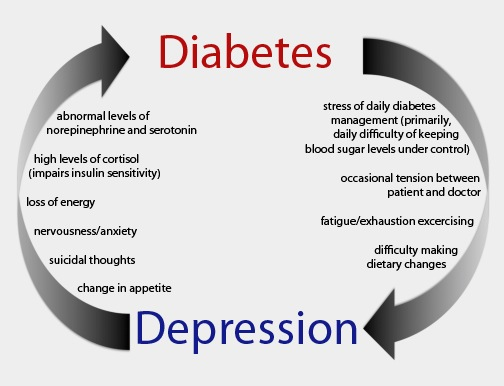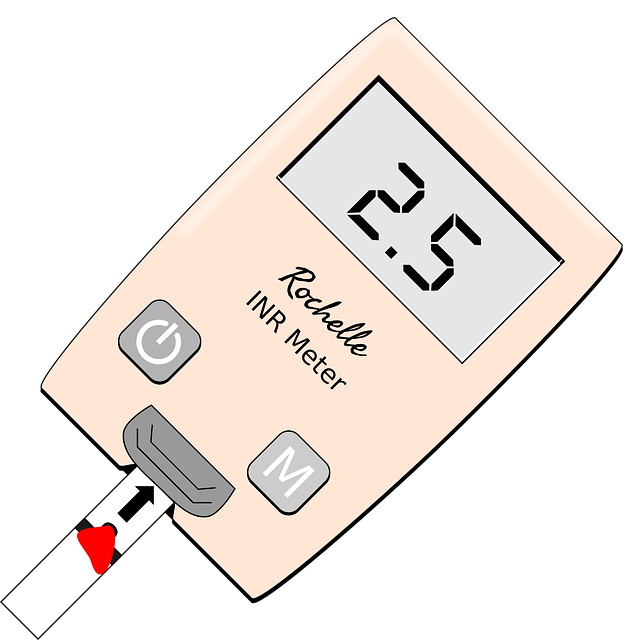Continuing Education requirements were beckoning me to ramp up my learning for the biennial renewal of my nursing license.
I am taking a deeper dive into topics I already like, (ex.: probiotics), and am gleaning some new information from other areas of interest.
The course about the frequency of depression among people with diabetes promised to offer something that could be of great value to foodtalk4you readers.
Did you know depression is the leading cause of disability in the world?
I learned that people with diabetes are 1.5 times more likely to also have depression. And yet, depression is only treated in about a third of those with diabetes.
Also, mothers in one study who had gestational diabetes, (diabetes symptoms showing only in pregnancy), had a twofold increase in post-partum depression than those without diabetes.
Back to the original question, which came first? Is there a link between depression and diabetes?
Well, we can’t answer that one today, BUT we can be on the lookout for signs of depression when diabetes is on board.
Why would that be important other than general quality of life?
The daily management of diabetes through self-care is jeopardized when depression is also present. Living a life with depression and diabetes is reflected in poorer outcomes, complications, and earlier death.
Can you see this added diagnosis in yourself, in a friend, or loved one?
A condition called diabetes distress is the emotional response to living with diabetes when the following are experienced:
- less than optimal self-management of diabetes
- elevated A1-C levels (blood level reflecting long-term blood glucose levels)
- more frequent episodes of severe, low blood sugar
- decreased quality of life
Those with diabetes and depression might experience:
- anxiety and guilt about their inability to self-manage their condition,
- fears about long-term effects,
- constant concerns about food and eating – all the while knowing daily ups and downs of blood glucose levels can generate feelings of fatigue and anxiety anyway.
If you or someone you know is experiencing a decline in successfully managing their diabetes and their quality of life is being affected, the health care provider should be alerted to the possibility of depression.
The good news is, there are so many therapies that can address depression. Some may be as simple as connecting with others socially, to prescriptions that will ease the symptoms and not aggravate diabetes.
Addressing what may be a hidden depression for someone with diabetes, could be a double blessing for them because their diabetes can be better controlled when their depression is controlled.
That’s a win-win.
It’s easy to share this post using the options under the MORE button below. Thanks for reading.
In health –
Deidre










